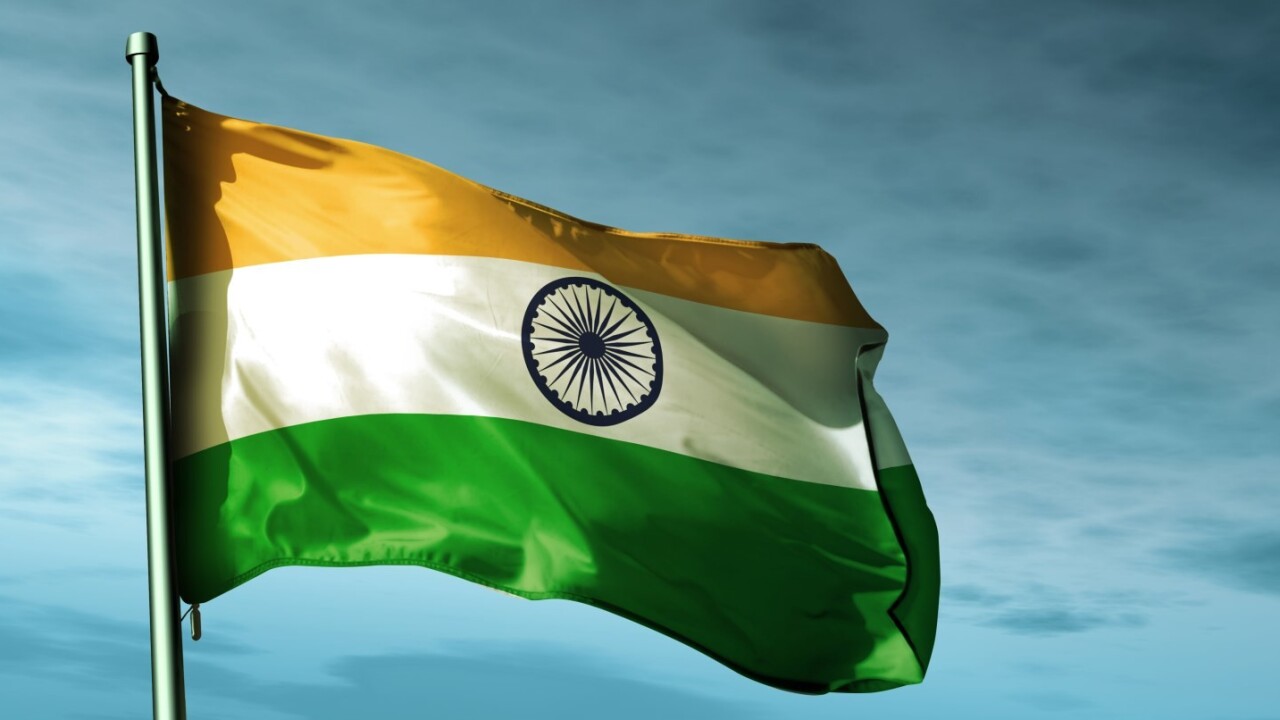
The Indian government has issued a proposal to regulate how companies and individuals create and share mapping data about the country, and it’s probably one of its worst ideas yet.
The Geospatial Information Regulation Bill (PDF), which is currently only a draft and is open to feedback until June 4, will make it illegal to publish map-related information or even share location data without a license from a government vetting agency. Those found violating its rules will face a fine of at least Rs. 10 million (roughly $150,000), going up to Rs. 1 billion (about $15 million) along with imprisonment for up to seven years.
According to a government official who spoke to The Economic Times, the bill was proposed as a way to rein in Google after the company failed to mask military locations.
He said, “Terrorists plot strikes on sensitive targets studying Google Maps,” referring to the attack on the Pathankot Air Force Station in the northern state of Punjab, which took the lives of seven security personnel and one civilian in January.
The trouble with this proposal is that, by requiring a license for creating geospatial data, it will put a spanner in the works of every app that relies on location data in India, including Google Maps, Twitter, Uber, restaurant directory Zomato and even tools to map areas hit by natural disasters and point out relief centers.
It’s not just app developers that will require a license. As per the current draft, every end user of these apps who does things like shares their location with a friend, posts a status update, or uploads a photo with meta-data, is effectively creating mapping information and will have to get one too.
While the bill states that the security vetting agency will concern itself only with information pertaining to sensitive areas like military bases, it’s clear that this is an over-reaching and poorly thought out plan to police mapping apps.
It’s also likely to do little to stop terrorist attacks. Since the rules in the bill only apply within India and to Indians outside the country, it won’t restrict foreign military forces and terrorists beyond India’s borders from sourcing map data from elsewhere.
Although Kiren Rijiju, Union Minister of State for Home Affairs of India promised that, “We won’t create hurdles for business and technological development,” it’s hard to imagine the bill doing anything but create logjams for apps and digital projects that require map data in the country and force developers and individuals to wade through red tape, if it comes into effect.
The draft was published only days after India finished setting up its own satellite-based navigation system, NAVIC.
A group of concerned citizens have launched a campaign to educate people about the issues with the bill and urge them to write to the Ministry of Home Affairs with their thoughts. Hopefully it’ll gain enough traction to prevent this myopic bill from becoming law.
Get the TNW newsletter
Get the most important tech news in your inbox each week.




